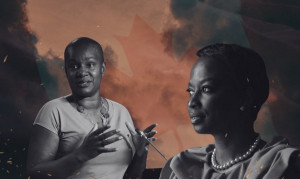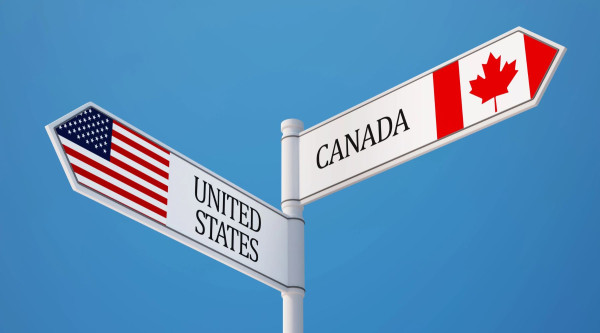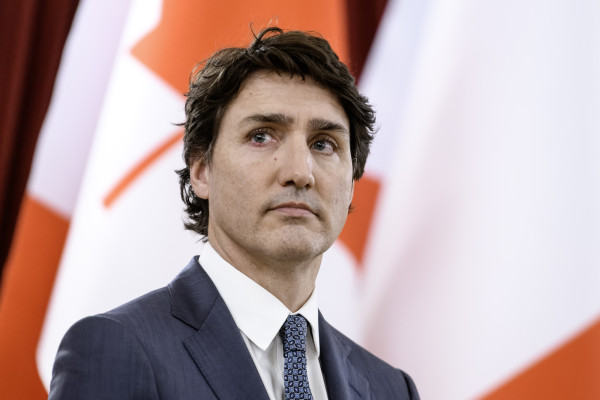However, not only was this an unnecessary election, it was an election that put crucial pieces of legislation to the Black community at risk.
Some examples include legislation to maintain The Black Entrepreneurship Fund that provides loans of up to $250,000 to qualifying businesses that historically have been denied funding by the nation's Big Banks; or the Black Endowment Fund, which will ensure that Black Not-For-Profits have secure funding in perpetuity regardless of the government of the day, with the money being dispersed by Black Canadians; and Bill C-22, which would repeal 20 mandatory minimum penalties (MMPs) that have contributed to the over-incarceration of Black and Indigenous people in particular. I wrote about the latter in a recent press release.
In February, Justice Minister David Lametti introduced Bill C-22 to repeal 14 offences in the Criminal Code plus all six offences under the Controlled Drugs and Substances Act that have disproportionately affected Black and Indigenous people in particular across Canada.
The legislation would require police and crown prosecutors to consider other options like addictions treatment for simple possession rather than charging many offenders while giving the courts the flexibility to use more conditional sentencing for offenders who aren’t a threat to public safety. Law and Order advocates, don’t fret! Mandatory minimums would still apply to serious crimes like murder, child sexual abuse and gun trafficking.
It was a move cheered by Canadian Association of Black Lawyers president Raphael Tachie, who, in February, said he was “excited” about Bill C-22 and that it addresses a lot of the issues detailed in a report recently conducted by his association and Ryerson’s Faculty of Law.
And the need for the legislation is clear. Despite Black Canadians and Indigenous peoples only representing three and five percent of the overall population in 2019 and 2020, respectively, we each made up seven and 30 percent of those in federal prisons. Further, Justice Canada’s JustFacts report in September 2017 revealed that in the decade between 2007 and 2017, Black and Indigenous offenders in particular were more likely to be arrested for an offence punishable by an MMP. Clearly, one tragedy is leading to another.
A hot systemic mess. I know.
Since February, senior members of the government including Justice Minister David Lametti and Public Safety Minister Bill Blair referred to the proposed legislation as a priority, yet four months later it was still before the Senate with only days before Parliament rose for the summer on June 23rd.
What on earth happened?
I mean it's true that bills can take months to move through Parliament, and it's also true that the government had other bills prioritized as well, like Bill C-30 to implement the budget; Bill C-15, the UNDRIP bill to make sure Canada’s laws are “in harmony” with the United Nations Declaration on the Rights of Indigenous Peoples; Bill C-12, the net-zero emissions accountability act requiring national targets for reducing Canada’s greenhouse-gas emissions by 2050, and more.
But it's also true that last-minute negotiations between parties at this time of year can lead to some bills getting squeezed into law, like what happened with Bill C-5 to establish the National Day for Truth and Reconciliation, which is set to be observed for the first time on September 30th.
Apparently, Black issues just didn't make the cut.
That’s exactly why, when Patience E. Adamu and I were granted the opportunity to interview Minister Ahmed Hussen and MP Marci Ien on our September 1 episode of The Drip Podcast, we pushed for a re-elected Liberal government to prioritize Bill C-22, and we received a commitment that they would.
In fact, ahead of the Liberals releasing their platform on September 1st, we were alerted to the fact that they had responded to our advocacy by promising to implement the bill within 100 days.
In solidarity with Black, Indigenous, racialized and marginalized communities across Canada, we now want to see words come to action.
The criminal justice system is over-burdened as is. If we’re able to direct people away from the court system to seek more productive alternatives, not only would it be a better use of our tax dollars, alternatives such as diversionary programs have proven to reduce recidivism.
And the electorate is onboard, seeing as a Justice Department National Justice Surveys (NJS) report from March 2018 found that 95 percent of Canadians feel that the best approach for determining fair and appropriate sentences for offenders involves giving judges at least some degree of discretion.
As my friend and esteemed lawyer, Kofi Achampong said, "The Liberal plan to do away with strict MMPs deriving from the Harper era and that have been steadily struck down by the Supreme Court are important measures to address elements of systemic racism in our criminal justice system.” Achampong, Principal Lawyer and Government Relations Advisor at Achampong Law, also added, “Repealing MMPs for offences that overwhelmingly criminalize Indigenous and Black Canadians in particular by allowing greater judicial discretion is a necessary albeit insufficient step towards addressing serious elements of bias and injustice within our system."
The time has come to turn the page on failed criminal justice strategies. While not perfect, the bill is a step in the right direction toward addressing key elements of systemic racism within Canada’s judicial system.
So all in all, we congratulate Prime Minister Justin Trudeau and his team on securing a third mandate from Canadians.
But we also call on the Prime Minister to complete the work we sent him and his team to Ottawa to do in the first place.

 By
By 








